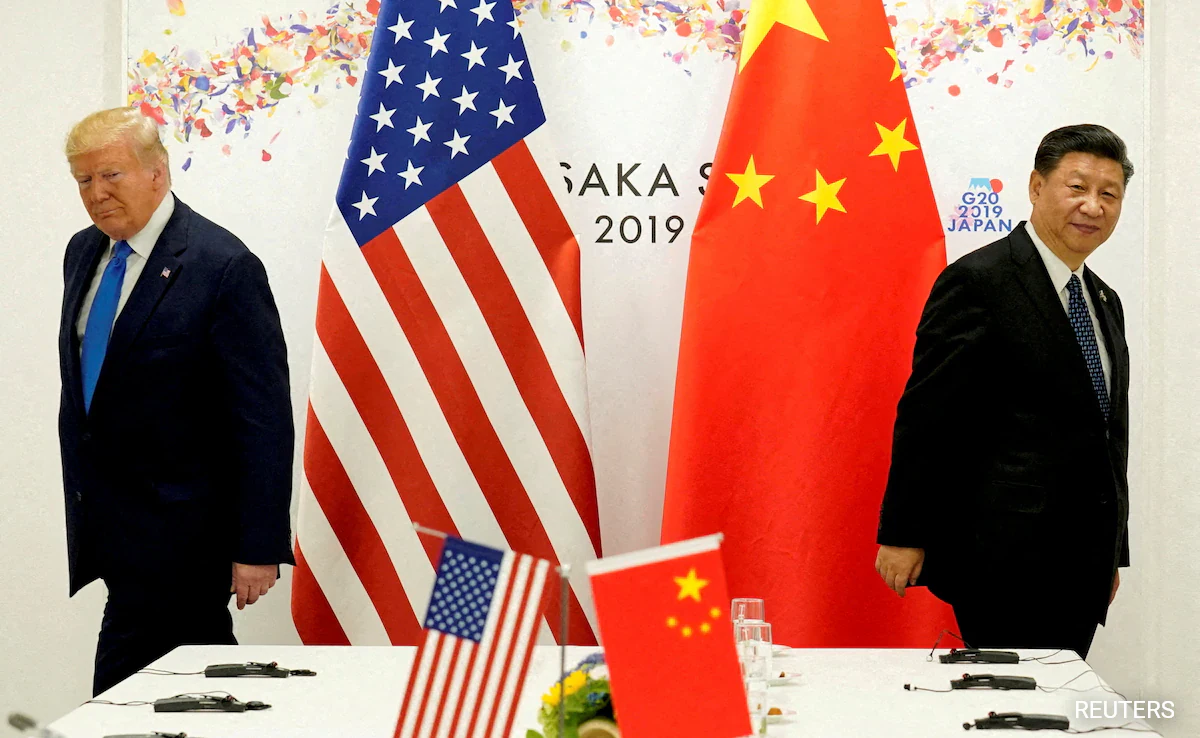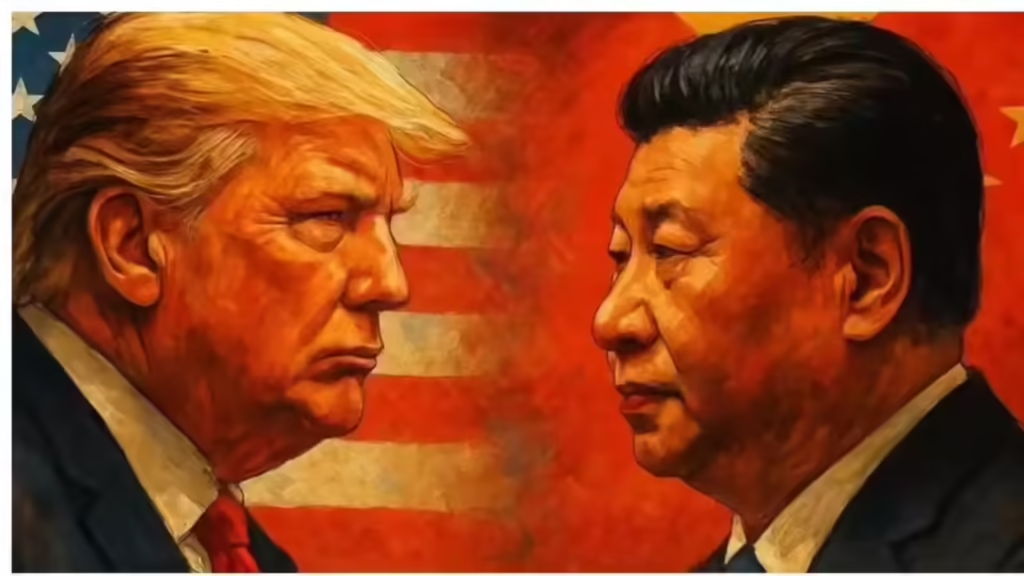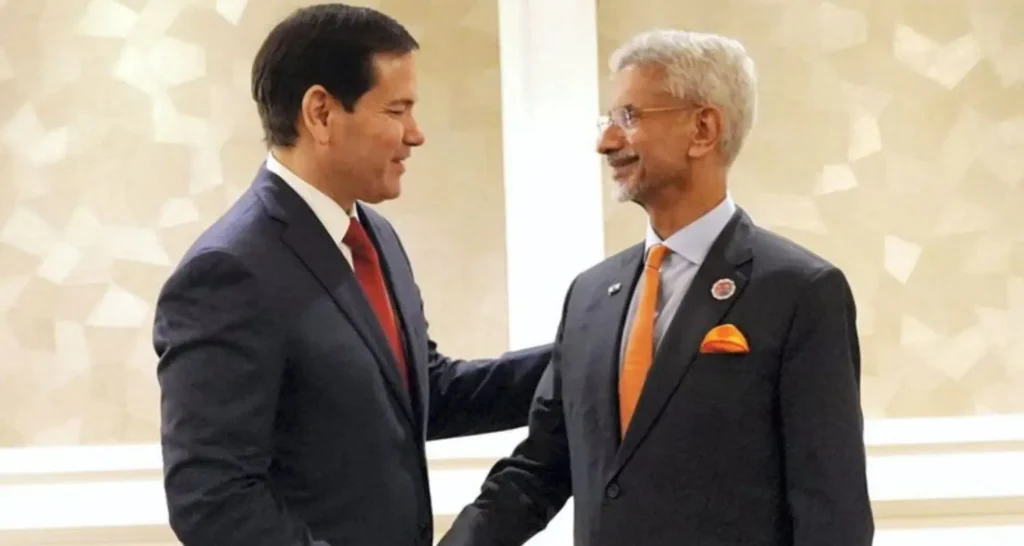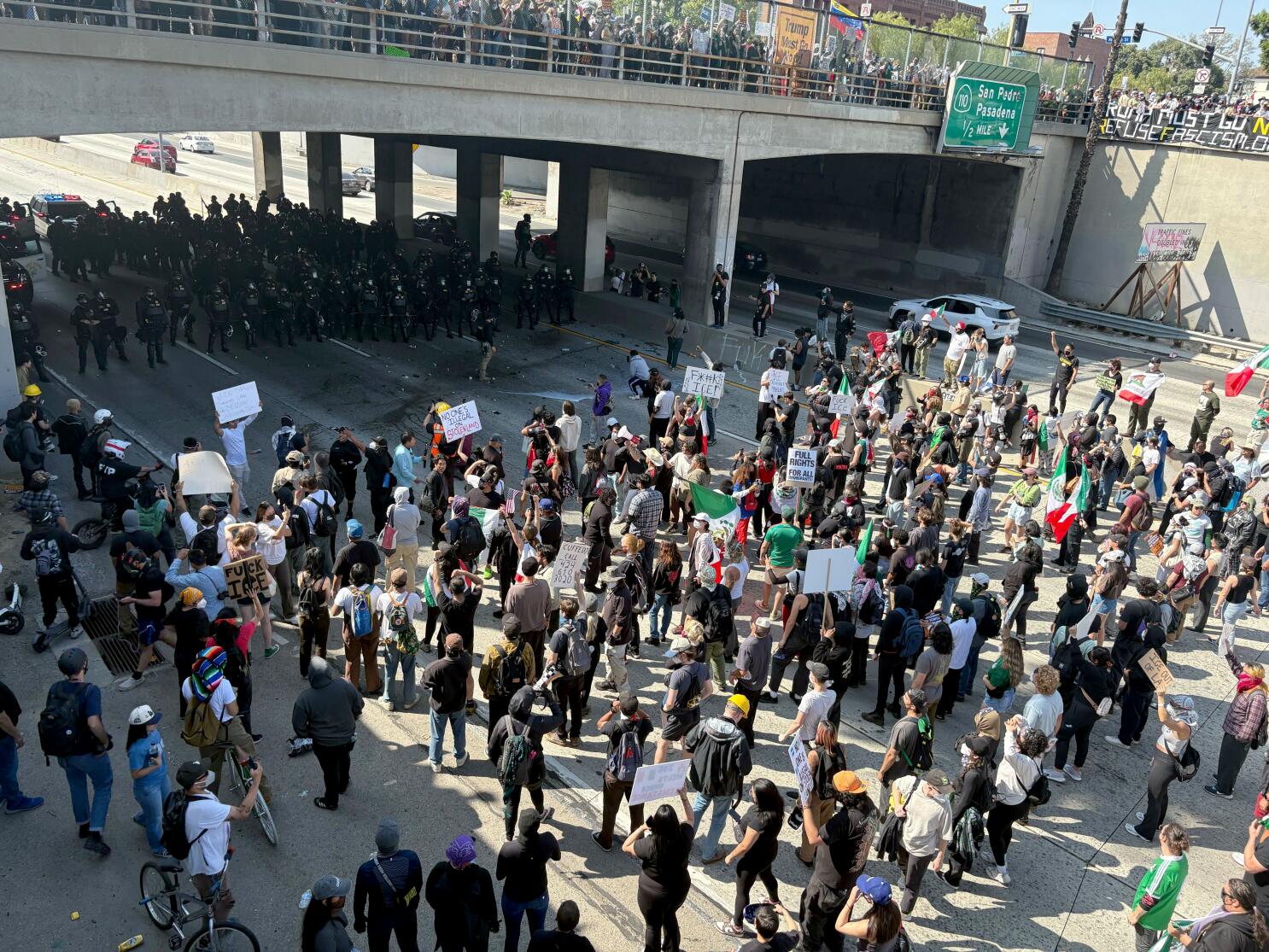Now Reading: Trump 2.0 and the Tariff War Will the US and China Lock Horns Again
-
01
Trump 2.0 and the Tariff War Will the US and China Lock Horns Again
Trump 2.0 and the Tariff War Will the US and China Lock Horns Again

As Donald Trump hints at a political comeback, the world prepares for a potential revival of the US-China tariff war. The earlier economic clash disrupted global trade routes and forced businesses to rethink sourcing strategies. Now, with 2024 elections in the spotlight, Indian businesses are watching closely for the consequences a renewed trade standoff could bring.
The First Trade War Revisited
In his first term, Trump imposed massive tariffs on Chinese imports, accusing Beijing of unfair trade practices. China responded in kind, leading to a prolonged trade battle that unsettled global markets. The standoff pushed companies worldwide to consider diversifying away from China, including shifts toward India and Southeast Asia.
What Trump’s Return Might Mean
If Trump returns to power, experts predict an even more aggressive tariff regime. His campaign signals suggest a focus on higher import duties and stricter scrutiny of Chinese tech companies. A renewed clash could again disrupt supply chains and fuel global economic uncertainty.
India’s Role in the Shifting Landscape
India has the opportunity to emerge as a preferred manufacturing hub. The first trade war encouraged several global firms to explore India as a safer and cost-effective option. With better infrastructure and policies, Tier 2 cities like Nagpur, Surat and Coimbatore could benefit from increased industrial investment.
However, challenges remain. Scaling up manufacturing quickly and maintaining global quality standards will be essential. Small and medium businesses must prepare to adapt and innovate faster.
Strategic and Economic Implications
The impact of a US-China tariff war goes beyond commerce. It could shape global alliances, trade policies and tech partnerships. India’s democratic framework and rising global stature place it in a unique position to influence future trade dynamics.
Conclusion
Whether the eagle and dragon clash again under Trump 2.0 remains to be seen, but the possibility is real. For India, the moment calls for strategic thinking and swift action. If leveraged wisely, this global tension could become a growth opportunity, especially for emerging business hubs beyond the metros.

























